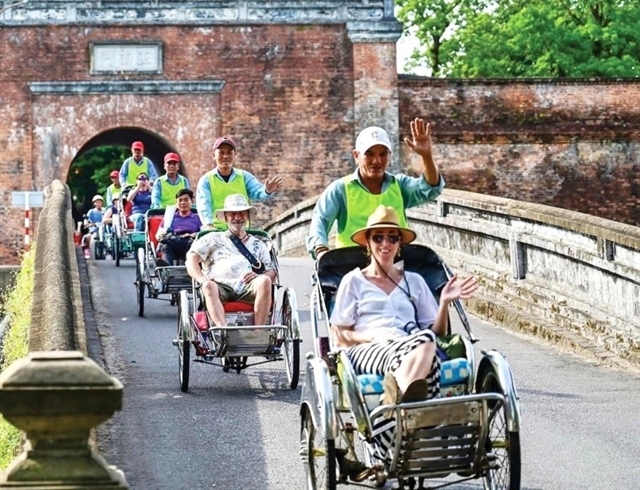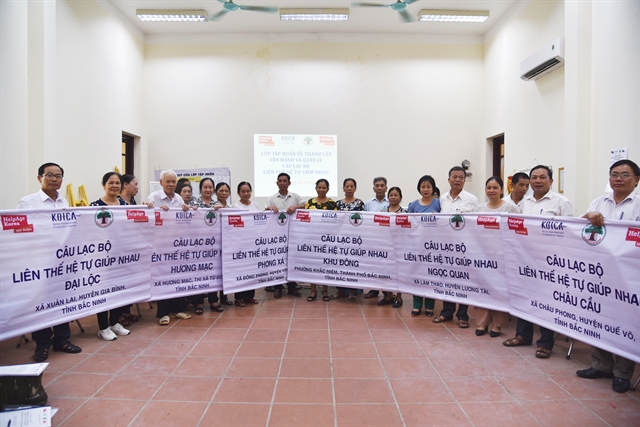 Society
Society


|
| A training course for the elderly of the HelpAge International in Việt Nam. — Photo HelpAge International in Vietnam |
TOKYO — HelpAge International in Việt Nam has won the first Healthy Aging Prize for Asian Innovation (HAPI)’s grand prize in the Community-Based Initiatives category for its intergenerational self-help club development model.
Since 2006, HelpAge International in Việt Nam and local partners have piloted the intergenerational self-help club model — a community-based organisation that promotes healthy ageing through a range of inter-generational activities. Currently, there are nearly 3,000 self-help intergenerational clubs across the country and this model has become the largest care provider in Việt Nam.
The grand prize in the Technology & Innovation category went to the Thailand foundation for older persons' development (FOPDEV) for its Buddy HomeCare: Community-Based Healthcare Management and Monitoring System. Buddy HomeCare has developed a mobile app–based system for healthcare management and monitoring, including health screenings, individual healthcare programme design, and follow-up. This technology serves as the key tool in a programme that provides impoverished youth with training to be caregivers, while also providing older people with cost-effective, high-quality homecare services.
The awardees were selected from more than 130 applicants from 12 countries and regions under three categories, including Technology & Innovation, Community-Based Initiatives, and Supporting Self-Reliance.
HAPI is an award programme designed to recognise and amplify innovative policies, programmes, services, and products that address the challenges facing aging societies. This prize is an initiative of the Economic Research Institute for ASEAN and East Asia (ERIA) and the Japan Center for International Exchange (JCIE), carried out under the auspices of the Japanese government’s Asia Health and Wellbeing Initiative (AHWIN).
HAPI was introduced at a pivotal time as Asia now faces unprecedented demographic changes. By 2050, East and Southeast Asia are expected to have 572 million people aged 65 or over—more than double today’s number. This has tremendous social and economic implications for the affected countries and for Asia as a whole, creating both challenges and unprecedented opportunities. — VNS




